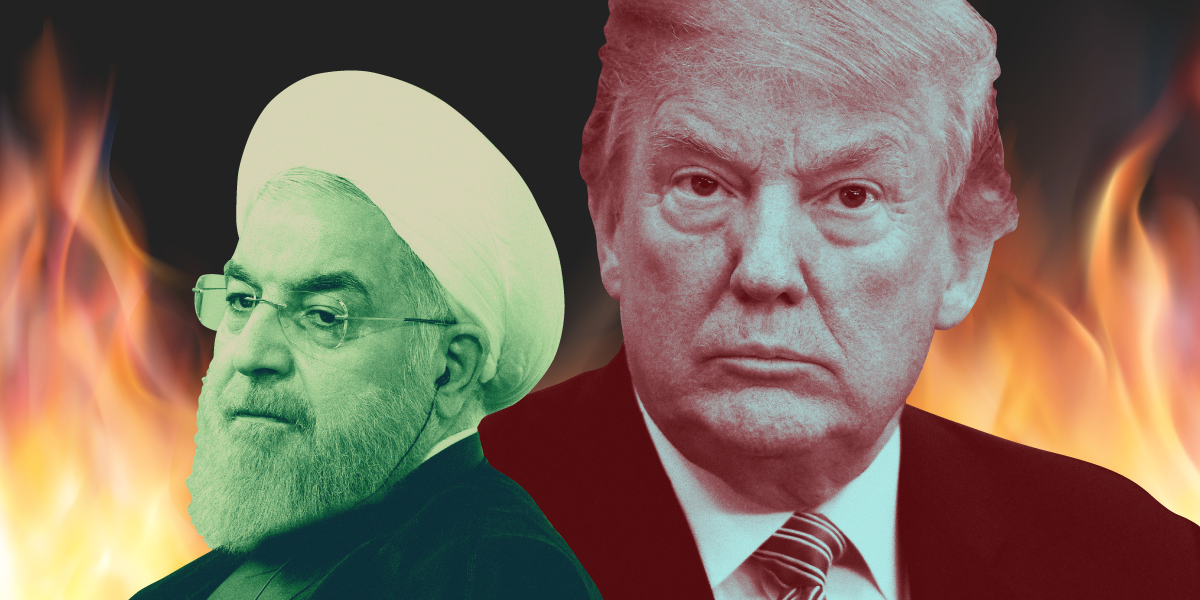- President Donald Trump is reportedly considering a French plan to allow a $15 billion credit line for Iran should it come back and comply with the Iran nuclear deal, according to US and foreign officials.
- The plan was originally floated by French officials but was contingent on US approval.
- Trump has recently lightened his stance and appeared more open to the idea of making a deal with Iran – a similar position he conveyed to the North Korean government.
- Visit Business Insider’s homepage for more stories.
President Donald Trump is considering a French plan to allow a $15 billion credit line for Iran should it come back and comply with the Iran nuclear deal, according to a Daily Beast report that cited US and foreign officials.
The plan was originally floated by French officials but was contingent on the US’s approval of issuing waivers for its sanctions. French Foreign Minister Jean-Yves le Drian said earlier this month that the credit line would be backed by Iran’s oil revenue and that negotiations on the matter were ongoing.
Four people with knowledge of the matter told The Daily Beast that Trump was entertaining the proposition, which would be a turn from his prior position on the matter. Trump’s rhetoric toward the Iranian government has mostly unwavered. The US during his presidency has applied heavy sanctions against Iran since pulling out of the nuclear deal established in 2015 under President Barack Obama’s administration.
Read more: Iranian official mocks John Bolton after he’s ousted from Trump’s White House
But Trump has recently appeared to open to the idea of making a deal with Iran - a similar position he conveyed to the North Korean government.
"I do believe they'd like to make a deal," Trump said on Wednesday, adding that he believed "Iran has tremendous potential."
"They're proud of their people," Trump said. "And we're not looking for regime change. We hope that we can make a deal, and if we can't make a deal, that's fine too. But I think they have to make a deal."
Sanctions against Iran have largely crippled its economy and isolated it from world markets. Iran, which heavily relies on its export of 2.3 million barrels of oil a day, saw this number plummet to 1.1 million barrels in March, according to SVB Energy International. Iran's currency, the rial, has also sunk to the US dollar, forcing the country to enact regulatory changes and to create numerous exchange rates to curb the black market.
As the US enacted more sanctions against what it called a "wide range of terrorists and their supporters" - including Iran's paramilitary Revolutionary Guard - the Iranian government said it would not negotiate unless the sanctions were lifted. Iranian President Hassan Rouhani has announced that the country plans to restart production of highly enriched uranium, a move observers say is a step toward a nuclear weapon.

